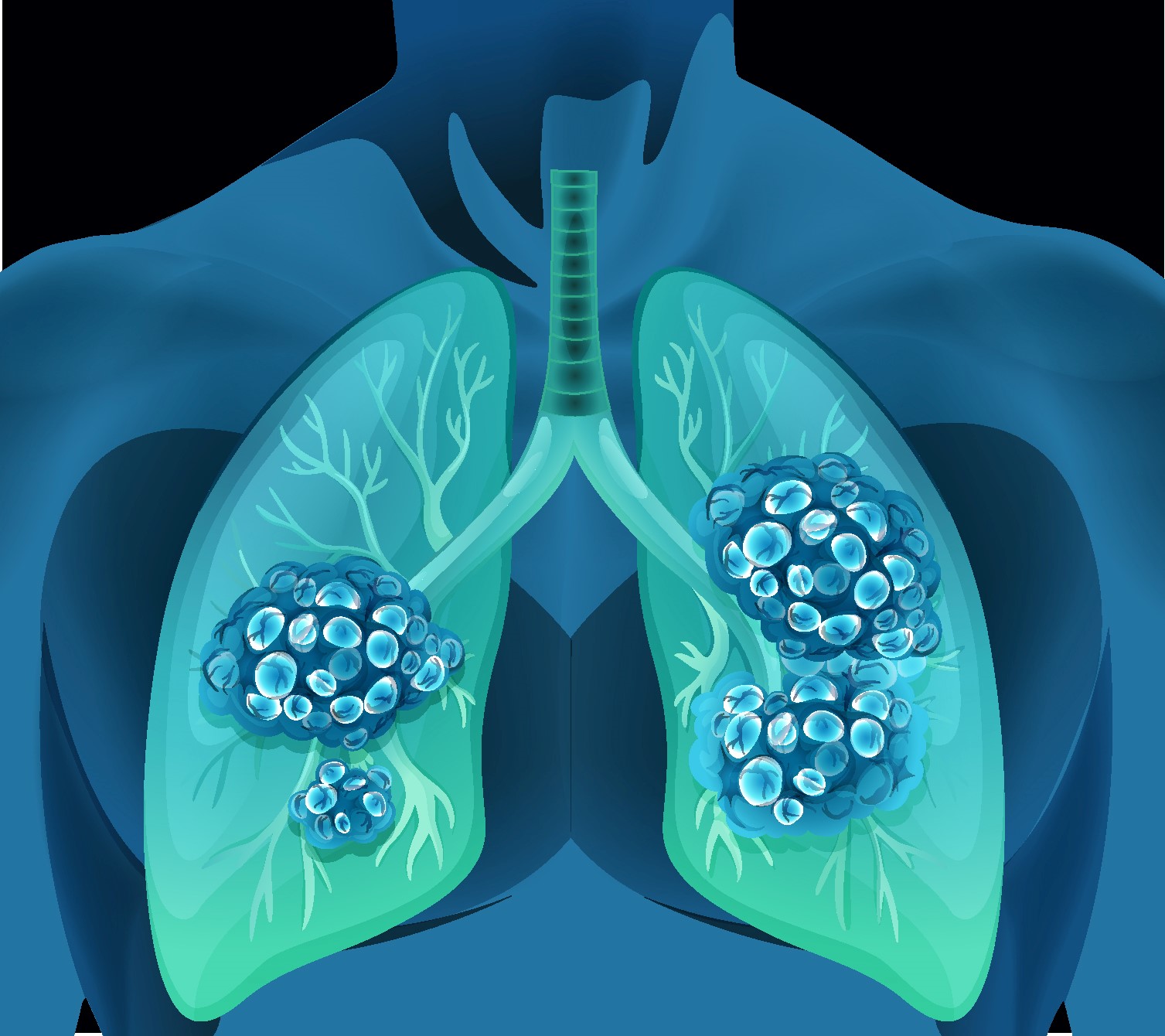Cystic fibrosis (CF) is the most common autosomal recessive disorder in Caucasian people and is caused by mutations in the gene encoding for the CF transmembrane conductance regulator (CFTR) protein. It is a multisystem disorder; however, CF lung disease causes most of its morbidity and mortality. Although survival for CF has improved over time due to a multifaceted symptomatic management approach, CF remains a life-limiting disease. For individuals with progressive advanced CF lung disease (ACFLD), lung transplantation is considered the ultimate treatment option if compatible with goals of care. Since 2012, newer drugs, called CFTR modulators, have gradually become available, revolutionizing CF care, as these small-molecule drugs target the underlying defect in CF that causes decreased CFTR protein synthesis, function, or stability. Because of their extremely high efficacy and overall respectable tolerability, CFTR modulator drugs have already proven to have a substantial positive impact on the lives of individuals with CF. Individuals with ACFLD have generally been excluded from initial clinical trials. Now, however, these drugs are being used in clinical practice in selected individuals with ACFLD, showing promising results, although randomized controlled trial data for CFTR modulators in this subgroup of patients are lacking. Such data need to be gathered, ideally in randomized controlled trials including patients with ACFLD. Furthermore, the efficacy and tolerability of the newer modulator therapies in individuals with ACFLD need to be monitored, and their impact on lung disease progression and the need for lung transplantation as the ultimate therapy call for an objective evaluation in larger patient cohorts. As of today, guidelines for referral and listing of lung transplant candidates with CF have not incorporated the status of the new CFTR modulator therapies in the referral and listing process. The purpose of this review article, therefore, is threefold: first, to describe the effects of new therapies, with a focus on the subgroup of individuals with ACFLD; second, to provide an update on the recent outcomes after lung transplantation for individuals with CF; and third, to discuss the referral, evaluation, and timing for lung transplantation as the ultimate therapeutic option in view of the new treatments available in CF.© 2021. The Author(s).
CFTR Modulator Therapy and Its Impact on Lung Transplantation in Cystic Fibrosis.


